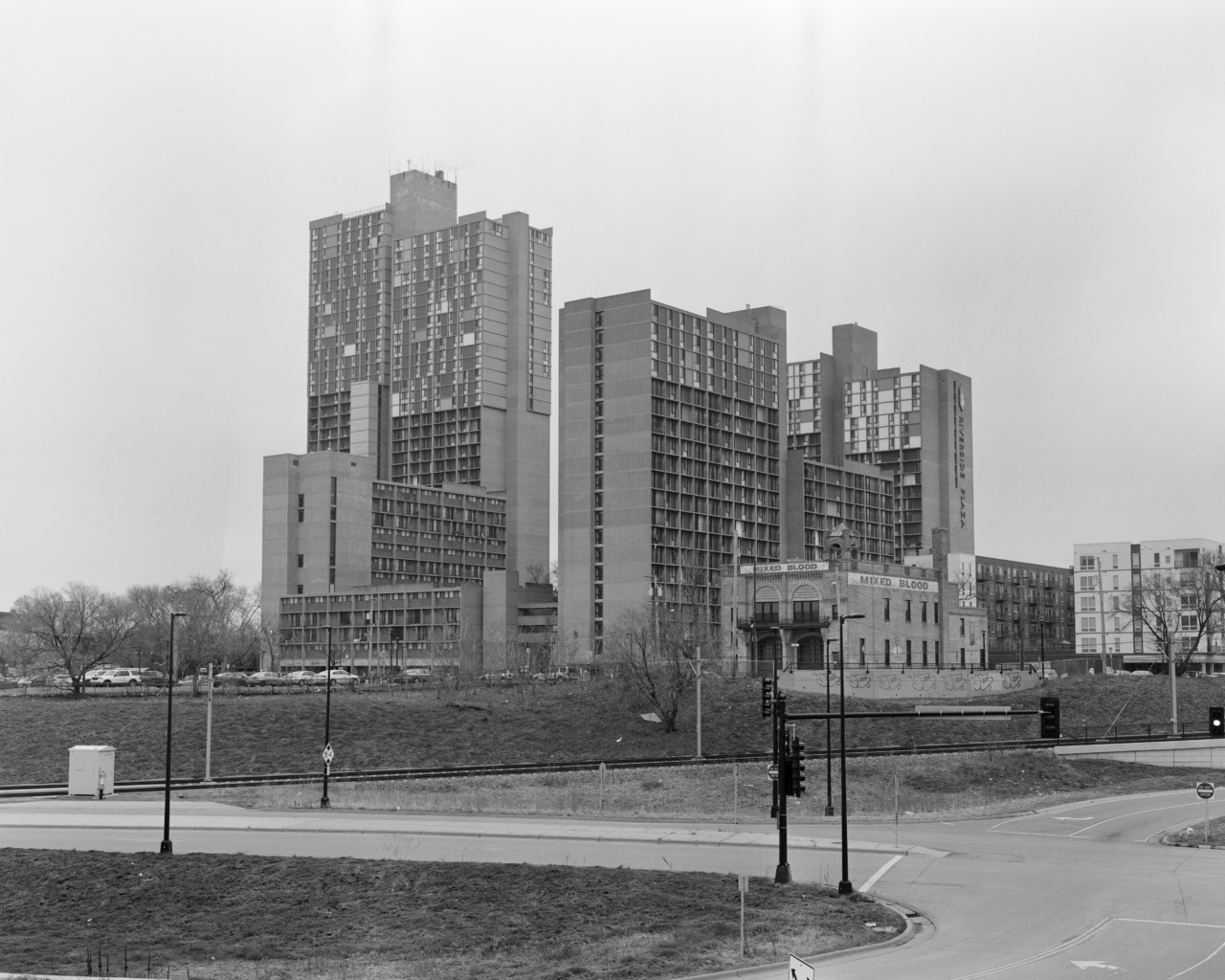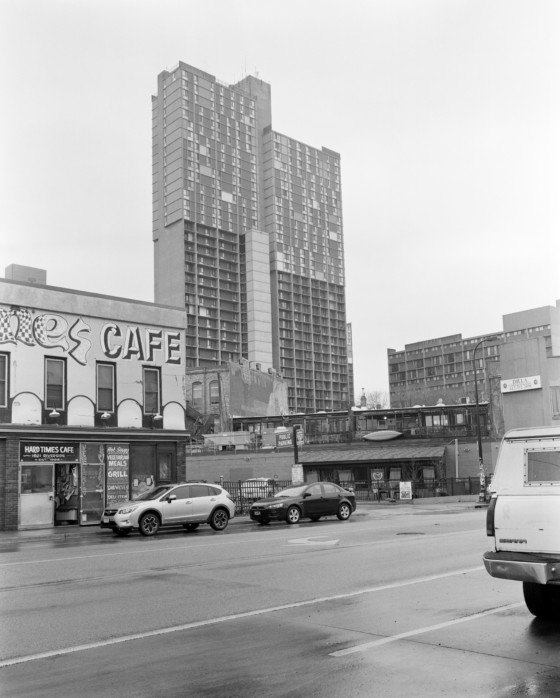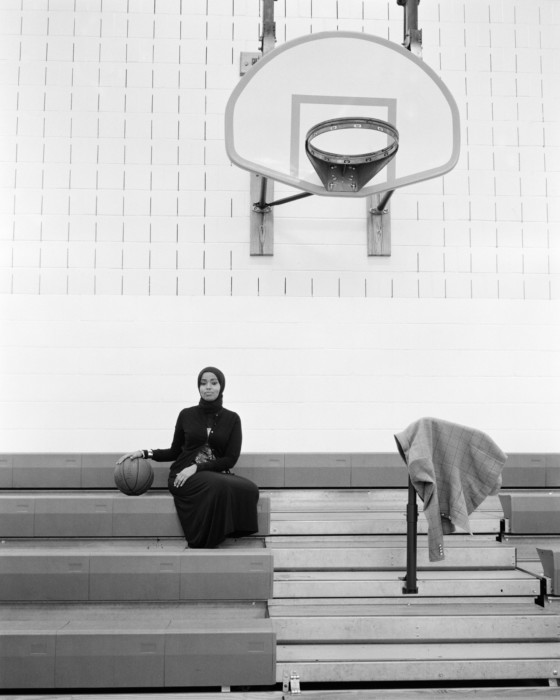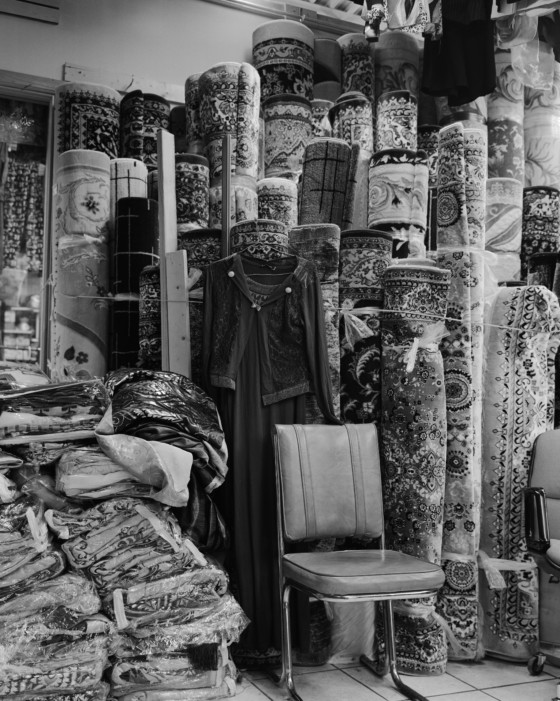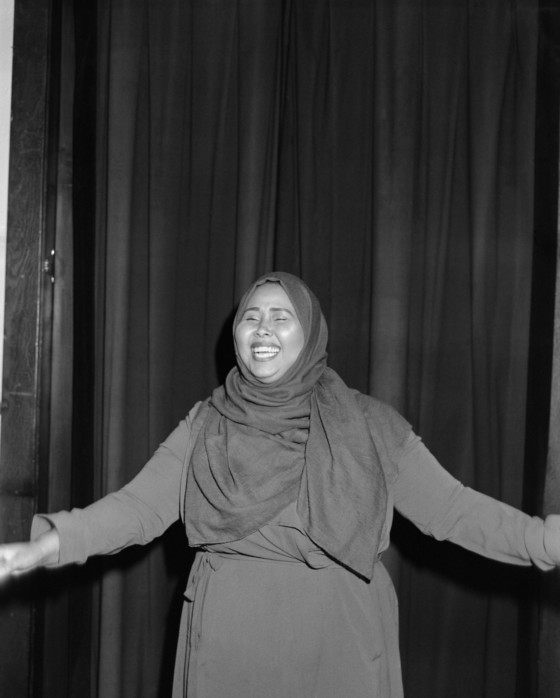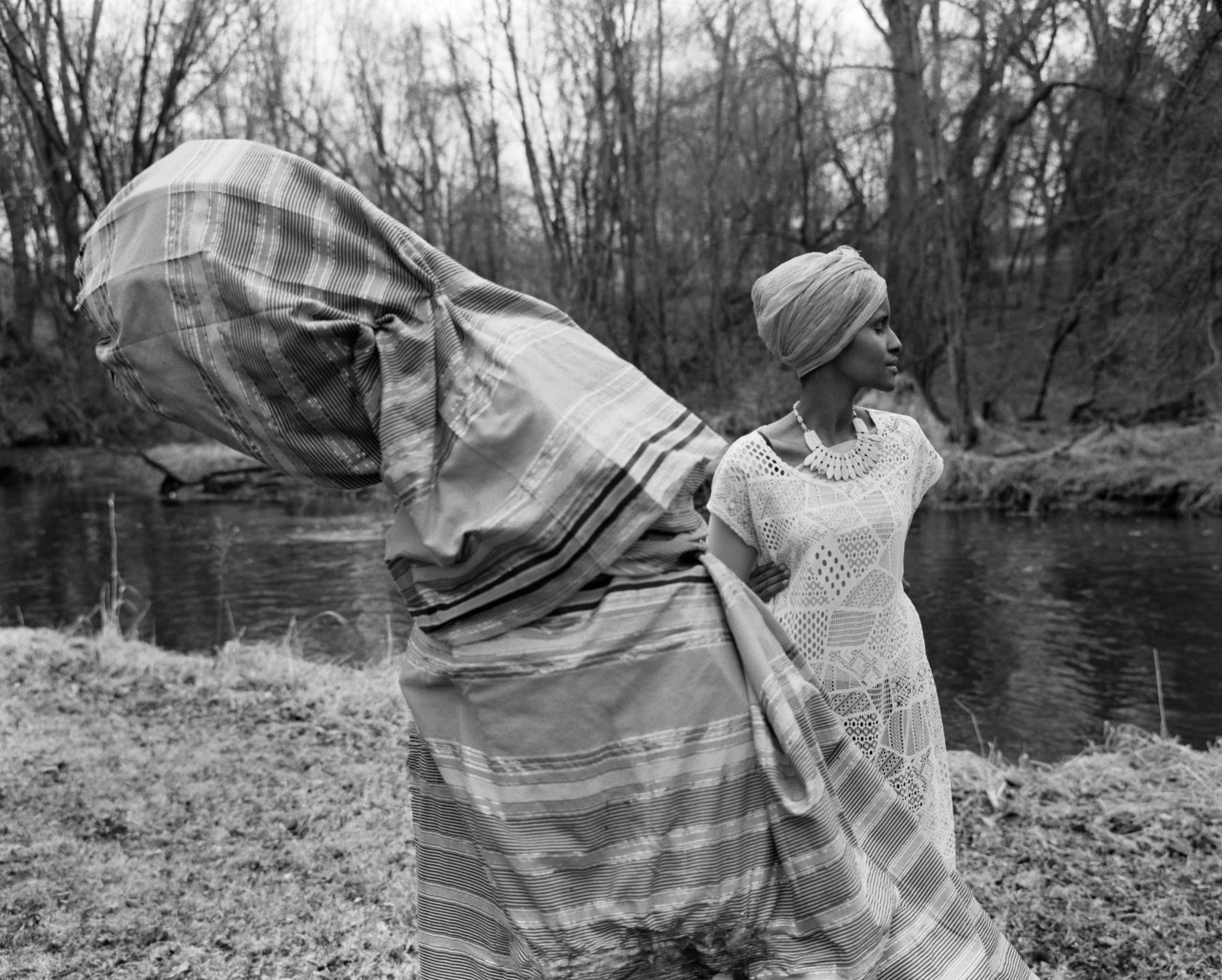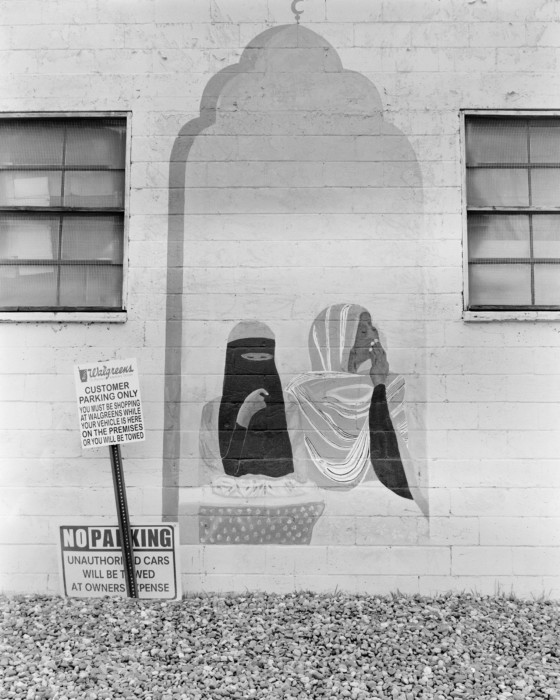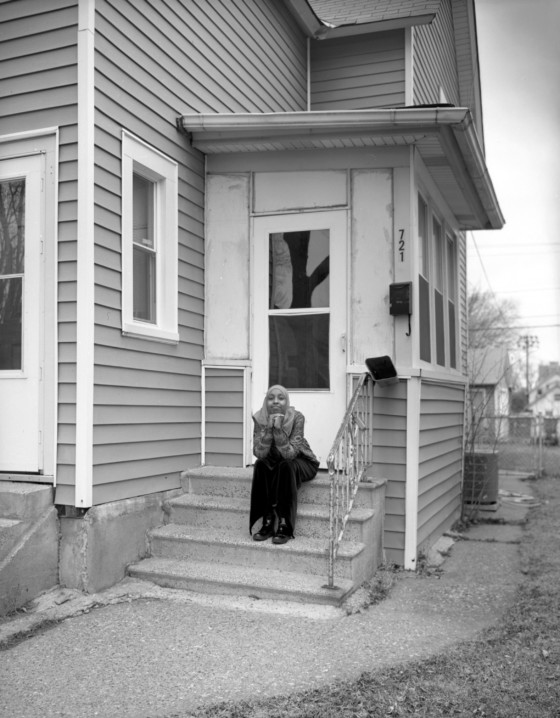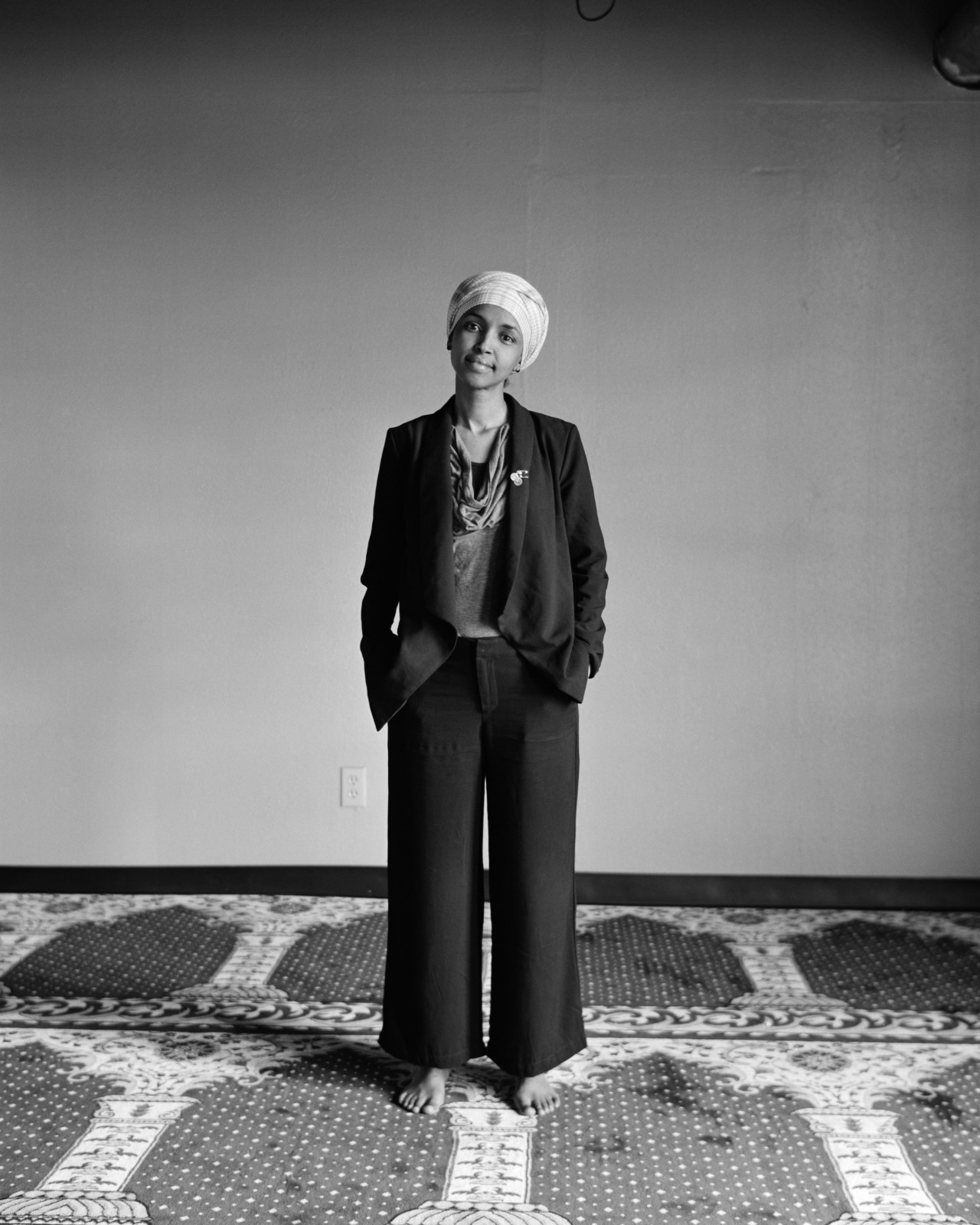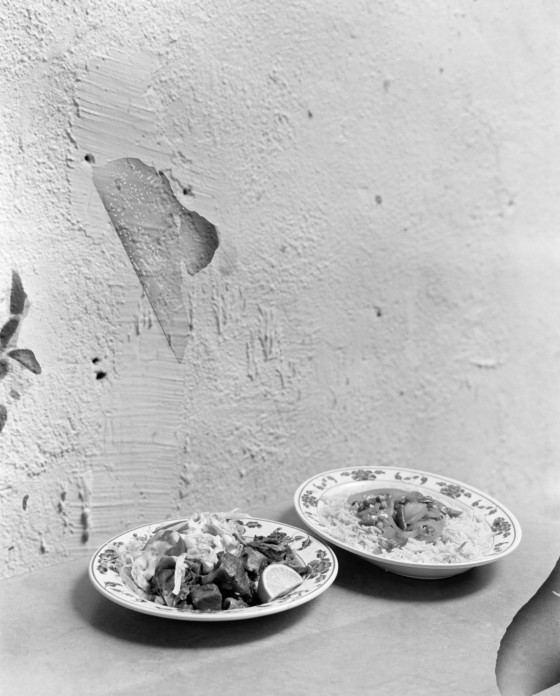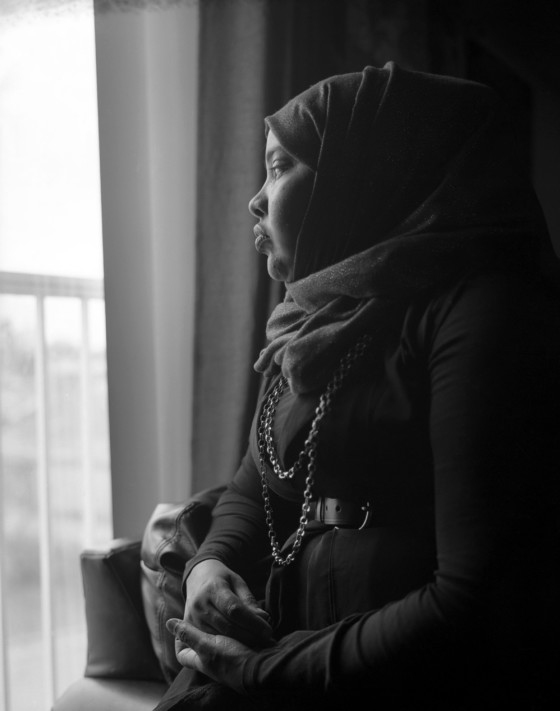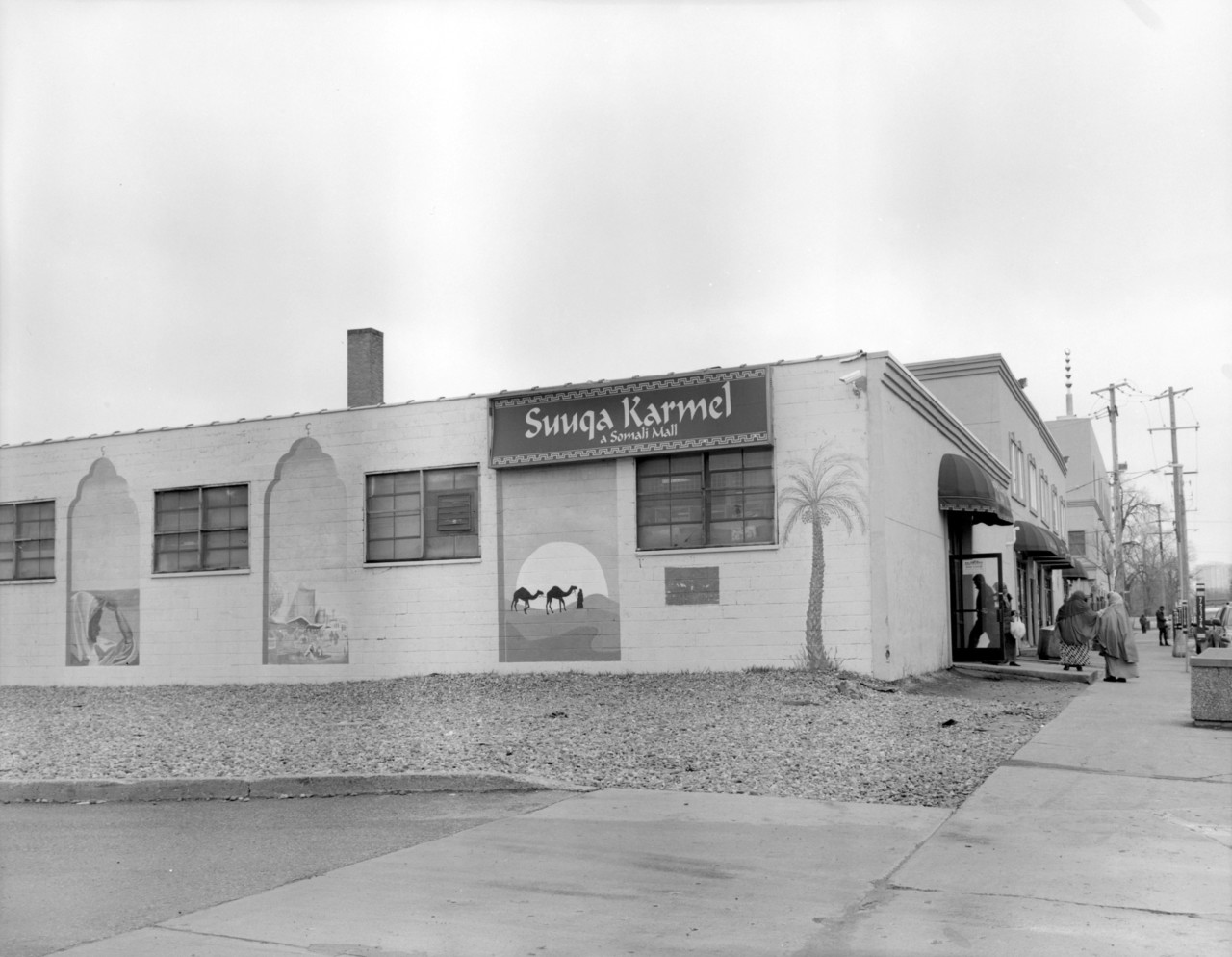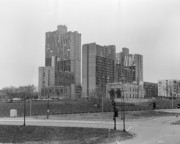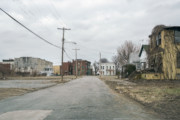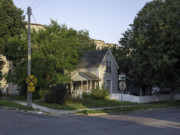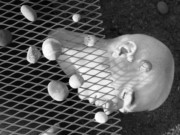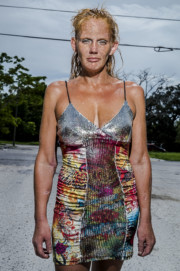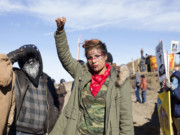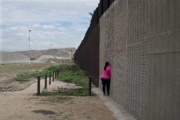Little Mogadishu
From a state representative to a hijab maker whose garments went viral, Olivia Arthur photographs the entrepreneurial women of the US's largest Somali community
The photo essay by Olivia Arthur originally appeared in Pacific Standard, our editorial partner for this project and whose July 2017 issue is a collaboration with Magnum Photos. Here, Olivia Arthur writes about meeting with entrepreneurial women of an area of Minneapolis known as Little Mogadishu due to its high concentration of Somali immigrants.
I had arrived in Minneapolis more or less directly from London and, like a clichéd European, found the whole place to be very ‘American’. On my first day, I mentioned this to a woman I met at Mixed Blood, the theatre housed in an iconic old fire station right in the heart of Cedar-Riverside, and she laughed, “You’ll be the first person to come here and think that it looks American”. Cedar-Riverside, often dubbed ‘Little Mogadishu’ is home to the largest Somali population in the USA and stands in stark contrast to much of the rest of the city. It is a striking-looking development, high rise and high density but a bit isolated and visible for miles around. I did hear people living there referring to it as ‘the ghetto’. Trump had suggested on his campaign trail that the community is a recruitment ground for terrorists and there is a definite wariness of how they are portrayed in the media.
"I meet a whole range of young women who are involved in interesting projects, some entrepreneurial, some activists"
- Olivia Arthur
At Mixed Blood they told me I should go and look for a man called Bihi – “We call him the mayor of Cedar-Riverside, he knows everyone”. In no time at all I bumped into him in the community center down the road, and, incredibly welcoming, he took out his phone and started to search for entrepreneurial young women for me to meet (my commission was to photograph the women from this community). Because they are Somalis and Muslims, many of the women were resistant to having their pictures taken so it was not an easy challenge, but I was also able to follow up with some of the women who had been interviewed by the writer of the story in Pacific Standard.
"I photograph Ifrah with a life-size puppet of her ‘grandmother’ for her performance ‘how to have fun growing up in a civil war’"
- Olivia Arhur
The first woman I met was Saciido, who was full of energy and enthusiasm for all the charitable projects she was working on. I managed to catch her in between coming back from work and having her children arrive from school, a rare moment of time for herself. Soon afterwards I met Asma, a young woman who had been physically attacked by a couple in a fast-food restaurant for speaking a foreign language. She had been rattled and was no longer comfortable living alone but she also appeared strong and proud and didn’t want the experience to prevent her from doing things she wanted to do. On the edge of the community I found a little shopping mall, which was a warren of stalls selling everything from hijabs and incense to carpets and children’s clothes. A small cafe in the middle of the warren serves plates of traditional Somali food and cups of tea. The woman running it is friendly and busy and lets me photograph the cafe.
"It is apt, perhaps, then that the first State Representative from this community should be a woman."
- Olivia Arthur
Over the next few days that I spend in Minneapolis I meet a whole range of young women who are involved in interesting projects, some entrepreneurial, some activists, some just wanting to show that women in this community are not downtrodden and hidden from sight. I meet Sara, a student activist and member of Young Muslim Collective; I meet Hodan a spoken word poet who performs in front of the camera; I meet Mariam, a teacher, Asha a student and tutor. I travel a bit away from Cedar Riverside to meet Filsan an energetic young woman who lives with her sister in a classic American wood house; I photograph Ifrah with a life-size puppet of her ‘grandmother’ for her performance ‘how to have fun growing up in a civil war’. Last, I meet Fatimah who designed a range of sporty hijabs which she was aiming to sell in the local community, but they became a hit on Facebook and are now turning into quite a business.
As often in conservative communities I was impressed to see how when women want to make something for themselves they really go for it, with energy and guts, but also full of respect for the culture that they come from. It is apt, perhaps, then that the first State Representative from this community should be a woman. Ilhan Omar was elected last November and the mention of her name brings a glow of pride to members of the community that I meet. We meet at her office in Cedar Riverside and she pads around bare-feet (it is part of a mosque complex) listening to people from the community who have queued up to voice their woes or thanks. Finally, she has a moment of calm and she sits down cross legged and relaxed as she tells the story of her family’s flight from Somalia via refugee camps and her life growing up in Cedar Riverside. She is clearly an impressive woman and I can’t help wondering what the potential is for her in US politics. Later, I hear the story that as her supporters were gathered in November enjoying what looked to be her victory, celebration turned to shock as the realization of Trump’s victory overshadowed hers. She may be a strong leader, but with the travel ban and aggressive stance towards this community the future still feels insecure.


